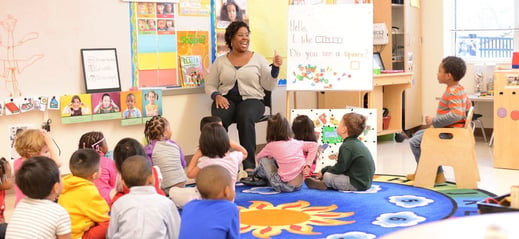
Juneteenth is a federal holiday established in 2021 that celebrates and commemorates the end of slavery in America. Juneteenth is considered the “longest-running African-American” holiday and has been called “America’s second Independence Day.”
Why is Juneteenth important?
Historically, many people associate the end of slavery with the Emancipation Proclamation issued by President Lincoln in 1862. However, Juneteenth is significant because the end of slavery did not occur with the Emancipation Proclamation due to the Civil War. During the war, many planters and slaveholders migrated to Texas from the eastern states and brought enslaved people with them. By 1865, there were an estimated 250,000 enslaved people in Texas. Juneteenth commemorates June 19th, 1985, the day in which enslaved people in Galveston, Texas, finally received news they were free. This was two years after the Emancipation Proclamation, one year after the Senate passed the 13th Amendment, abolishing slavery on April 18, 1864, and six months after it was passed by the House on January 31, 1865.
What are the traditions of Juneteenth Celebrations?
Early celebrations of Juneteenth included prayer meetings, singing, and wearing new clothes to represent newfound freedom. Within a few years, Black and African Americans were celebrating Juneteenth as an annual tradition that shared common goals: “celebrate, honor, and educate.” As a recent federal holiday, many Americans, especially children, and their families are not familiar with Juneteenth. As educators, it is our responsibility to celebrate, honor, and educate by teaching the significance of this holiday to children of all ages.
As educators, it is our responsibility to celebrate, honor, and educate by teaching the significance of this holiday to children of all ages.
Juneteenth: Celebrate, Honor, and Educate
There are many ways to celebrate, honor, and educate children about Juneteenth. Here are some ideas for introducing the holiday to children of all ages and their families.
- Read culturally inclusive books about Juneteenth. Juneteenth for Maize by Floyd Cooper and, All Different Now, Juneteenth the First Day of Freedom by Angela Johnson are wonderful books to introduce the holiday to young children.
- Celebrate equality and differences through music. Toddlers and preschoolers will love to dance and sing with their favorite Sesame Street friends with this video sing-along: Let’s Celebrate Juneteenth.
- Create inclusive classrooms with materials that celebrate diversity and people of colors with dolls, clothing, books, and puzzles.
- Invite a special guest from the community to share ways to advocate, preserve, and learn about Black/African American history and culture.
- Create the Juneteenth Flag of Freedom with children to celebrate and explore the symbolism of the holiday. It is half red and half blue with a star in the middle.
- For older children, create a poster activity sharing ideas and advocating for fairness and identity. Use the posters to discuss Juneteenth, equity, and freedom:
- Writing Prompts for Fairness:
- What clues help me know when and how people are being treated unfairly?
- How is my life easier or more difficult because of who I am and where I was born?
- Writing Prompts for Identity:
- What makes us who we are?
- How are our identities today shaped by society?
- What does it feel like to be belittled or criticized because of your identity?
- How can I ask people about their lives and experiences in a respectful, kind, and understanding way?
- Families can learn about Juneteenth together by watching videos like Juneteenth for Kids and Why is Juneteenth Such an Important Holiday?
Angela Davis, American political activist, said it best: “…Juneteenth, the day we celebrate the end of slavery, the day we memorialize those who offered us hope for the future and the day when we renew our commitment to the struggle for freedom.”
Our impact with diverse and inclusive interactions with children and families is essential to ensure freedom and equity for everyone.
